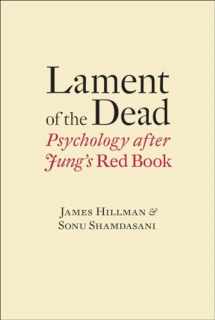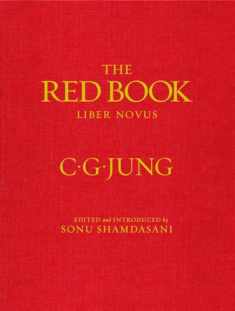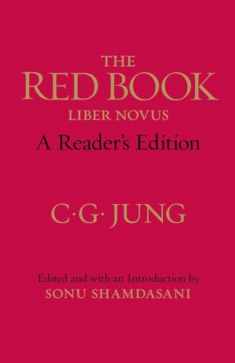
Lament of the Dead: Psychology After Jung's Red Book
ISBN-13:
9780393088946
ISBN-10:
0393088944
Edition:
1
Author:
James Hillman, Sonu Shamdasani
Publication date:
2013
Publisher:
W. W. Norton & Company
Format:
Hardcover
256 pages
Category:
Movements
,
Psychology
FREE US shipping
Book details
ISBN-13:
9780393088946
ISBN-10:
0393088944
Edition:
1
Author:
James Hillman, Sonu Shamdasani
Publication date:
2013
Publisher:
W. W. Norton & Company
Format:
Hardcover
256 pages
Category:
Movements
,
Psychology
Summary
Lament of the Dead: Psychology After Jung's Red Book (ISBN-13: 9780393088946 and ISBN-10: 0393088944), written by authors
James Hillman, Sonu Shamdasani, was published by W. W. Norton & Company in 2013.
With an overall rating of 4.1 stars, it's a notable title among other
Movements
(Psychology) books. You can easily purchase or rent Lament of the Dead: Psychology After Jung's Red Book (Hardcover) from BooksRun,
along with many other new and used
Movements
books
and textbooks.
And, if you're looking to sell your copy, our current buyback offer is $2.4.
Description
With Jung’s Red Book as their point of departure, two leading scholars explore issues relevant to our thinking today.
In this book of dialogues, James Hillman and Sonu Shamdasani reassess psychology, history, and creativity through the lens of Carl Jung’s Red Book. Hillman, the founder of Archetypal Psychology, was one of the most prominent psychologists in America and is widely acknowledged as the most original figure to emerge from Jung’s school. Shamdasani, editor and cotranslator of Jung’s Red Book, is regarded as the leading Jung historian. Hillman and Shamdasani explore a number of the issues in the Red Book―such as our relation with the dead, the figures of our dreams and fantasies, the nature of creative expression, the relation of psychology to art, narrative and storytelling, the significance of depth psychology as a cultural form, the legacy of Christianity, and our relation to the past―and examine the implications these have for our thinking today.

We would LOVE it if you could help us and other readers by reviewing the book
Book review

Congratulations! We have received your book review.
{user}
{createdAt}
by {truncated_author}




